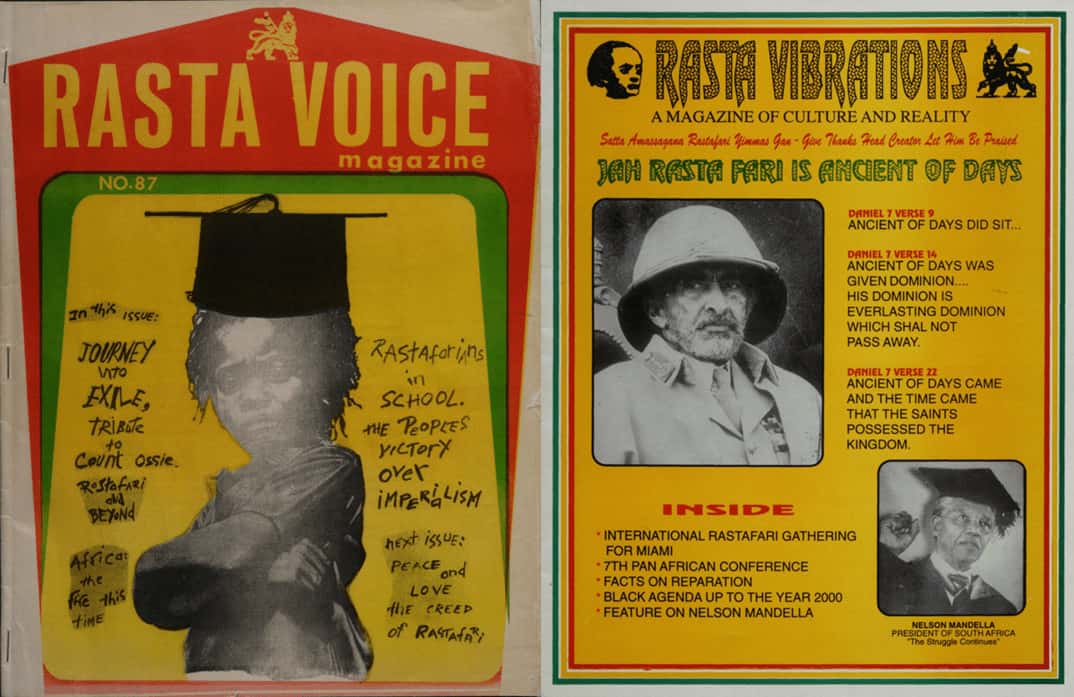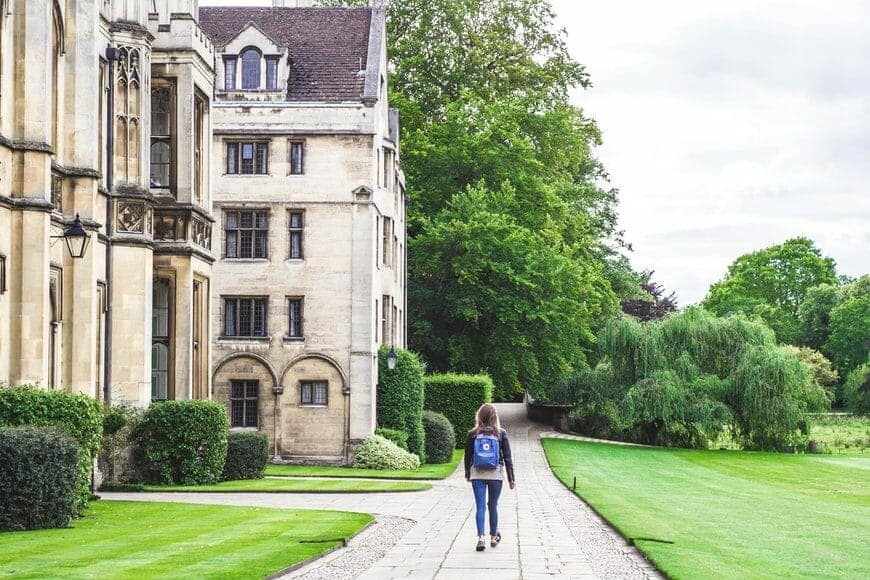|By Gale Digital Scholar Lab Product Management team|
Gale Digital Scholar Lab creates new possibilities by offering solutions to the most common challenges facing researchers in the digital humanities today. Since its launch in 2018, the team has engaged with librarians, instructors, and students to find out what they’d like to see in the tool and how they use it for research, teaching, and learning. Based on those continuous conversations, the team regularly makes improvements to the user experience.





